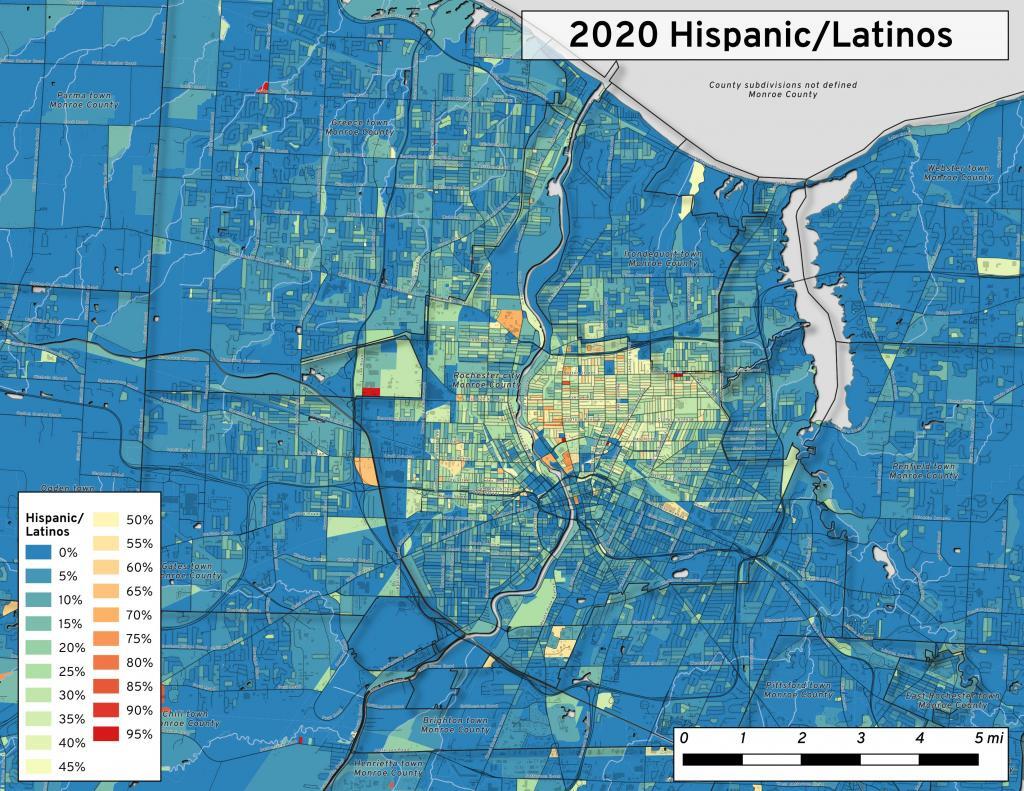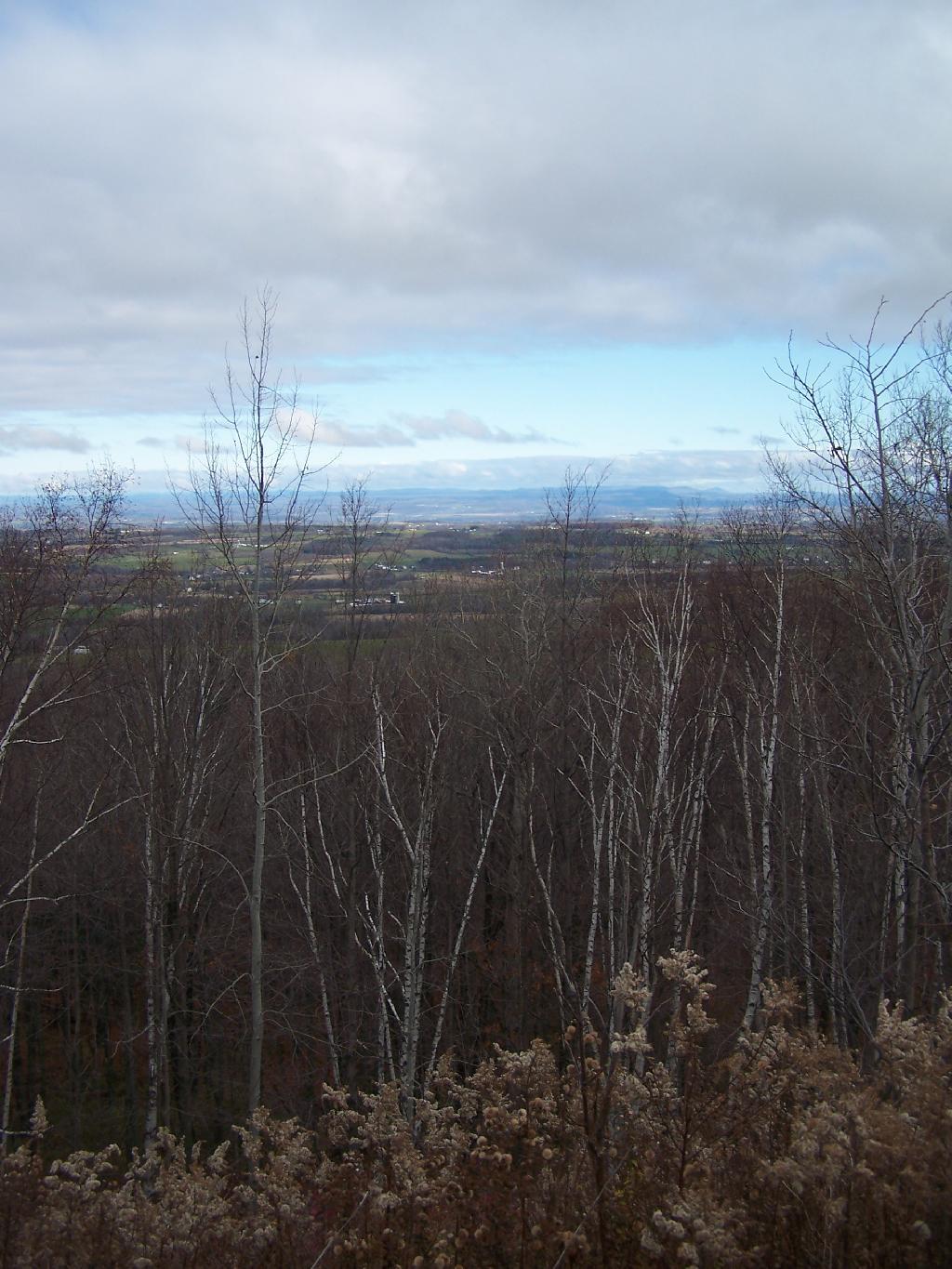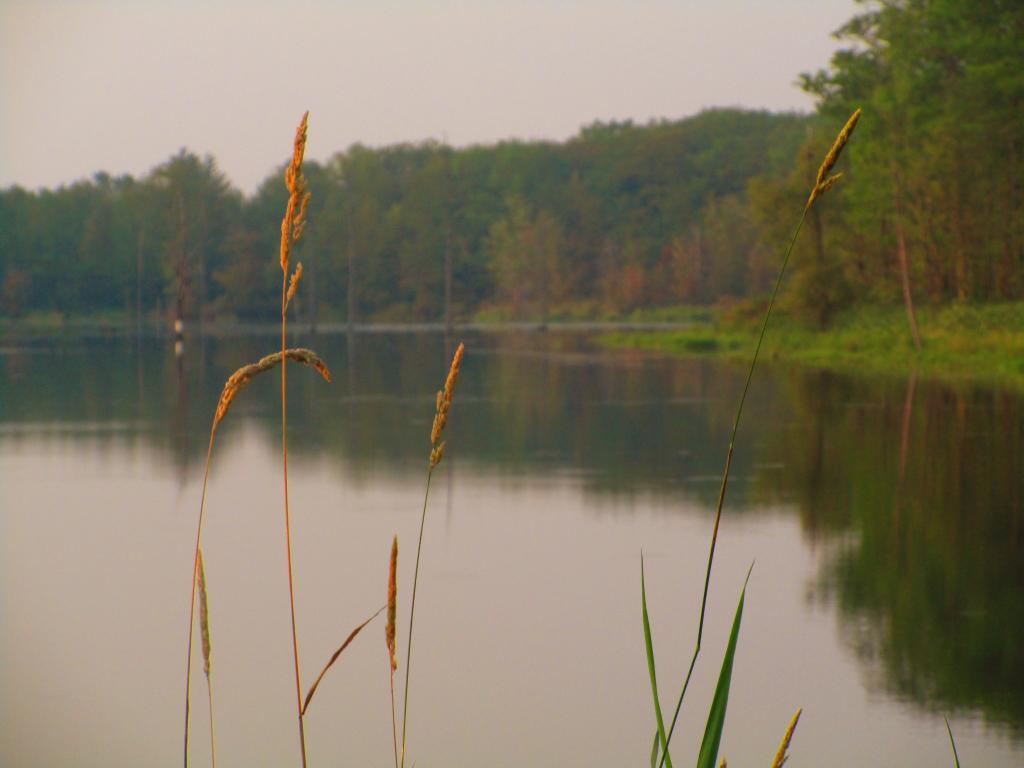Farming
This former semiconductor factory is now the world’s largest indoor farm, producing 10K heads of lettuce per day
Fake or Really Fake?
Don't worry, they've done the math for you.
Gadacz Dairy 2014
It Would Be Fun to Live Off the Grid All of the Time
My Part Time Off the Grid Life.
Basically during most of the weeks of the summer, I live off-the-grid in the form of camping in the Adirondack backcountry at various roadside campsites. In the back country, your pretty much up to doing it all yourself, with gear you have brought. It is a rare thing for a campsite to even have an outhouse, much less a picnic table. The best you can expect for is a fire ring. All else, you must bring in or implement yourself.
When I roadside camp, I generate my own electricity using a 800-watt inverter to power lights, my laptop, and other small appliances. The electricity, generated by the alternator, is stored in a deep cycle battery, and turned into 120 volt AC current with an inverter, much like it would work in an off-the-grid set up. While I’m basically converting gasoline to electricity, the principles are the same as solar or wind energy in an off-the-grid system. There is no power grid to keep the lights on.
In the backcountry, you have to cook your meals and clean up after without the benefits of running water or centralized electricity. You learn how to be self-reliant and learn to do without. Most campsites lack outhouses, so your stuck digging a hole in the woods and burning your toilet paper. Showers involve taking a dip in a creek, or hauling water up into woods, and taking a shower under a shower bag. Okay maybe that part isn’t as much fun.
There is no trash pickup, so you burn the burnable garbage, and bring the unburnable waste back home for recycling. If you choose to use stryofoam plates, you don’t have to worry about them sitting in a landfill for the next millennium — they burn just fine. You get to build camp fires to stay warm, for enjoyment, and to watch things burn. Fire is fun.
Daylight matters in woods, and you can here the birds and wildlife back there. There isn’t the traffic noise. It can be darn quite. In the wilderness there is non-stop beauty, as the natural world works it’s way around the cycle known as the year — as the world continues to evolve through each and every flood, hurricane, and tornado.
Traveling to the backcountry usually involves visiting a lot of out of the way places. Many beautiful small towns, and spending time in and around them. Small towns are really a world away from living in Albany, where people are connected to the land. When your in a small town in the mountains or in farmscape of Rural America, it really feels like your a world away from the city.
Someday to Live Off the Grid All of the Time.
Camping is a fun adventure in summer time, but I think it would be fun adventure to basically do all of the time. While certainly I would want to have running water, and good way to take hot showers, I really don’t want to be part of the grid, but instead be responsible to meeting my own needs by physical means. Rather then paying a distant corporation to generate electricity or pump water to my place, I’d rather be able to generate it on my own means — either by petroleum or wind, water, or solar.
Unlike some people, I do not have as much as a moral objection to the grid or even civilized society, but I think it would be a lot of fun to work directly with the technologies that power’s one life — and to live fairly minimally without all the gizmos and energy sucking gadgets that are common when people are connected to the grid, and get virtually unlimited electricity for very low prices. It is nice to have a system under one’s control — and not dependent on the grid beyond your control.
I like the idea of living off the grid, because you would get to use fire in almost every facet of your life. One of the things I like most about camping is the fires, watching the woods (and trash) burn up in the fire pit. I like cutting and splitting my own wood, and I’d rather be in control of my heat energy supply rather then sending a check off every month to some distant utility. I want to minimize my waste, then be able to burn my burnable trash, and haul my recyclables to the recycling center, rather then depend on a centralized service that promotes wasteful behavior.
I want to live in outside a small town, away from the big city. I don’t want to have to deal with big city traffic, public transit, criminals, and the sensationalization of the media on how life in the city must be.
The Mohawk Valley Farm Belt
Both sides of the Mohawk Valley, for about ten miles north and south of the river have extensive dairy farming going on. Not large confined animal feeding operations, but instead relatively small dairies that overlook the river, and leave mostly a pastorial landscape of pastures and corn fields, sloped along the hills that overlook the river.
There are certainly other farming locations in state, but there is something specifically quite pictorial of this area, all overlooking the river, with the relatively high hills that surround the Mohawk River. Few areas of state are as open, or is farming concentrated around a single valley. Most farming areas in state are single valleys — like the Black River Valley — and not hills surrounding a major river.
The Mohawk Valley Farm belt tends to petter out, as you climb out of the Mohawk Valley. Head to far north or south, and the farms are replaced with a lot of scrub land, where less productive farms, with poorer soils and shorter growing seasons have been abandoned. These lands nowadays are primarily owned by rural residents, and used mostly for hunting in the fall and the production of firewood. The worst parcels of all, as it comes to farming, are largely owned by the state, for timber and public recreation.
The belt is pretty clearly defined. Where farms begin and end in scrub land are as visible by the view of the window in your truck, as they are in view from the aerial photos looking down onto the earth. Farming, while an important part of the economy, really is limited to where can occur, and beyond that, most of the land is wasted.
Biomass companies, and alternative crops some day promise to recover this scrubland, that is all but abandoned for anything but deer hunting. It would be nice, but we will see the impacts to the environment once it happens. Scrublands, and recently abandoned, to the human mind look so disorderly, at least until they revert back to full forest.





